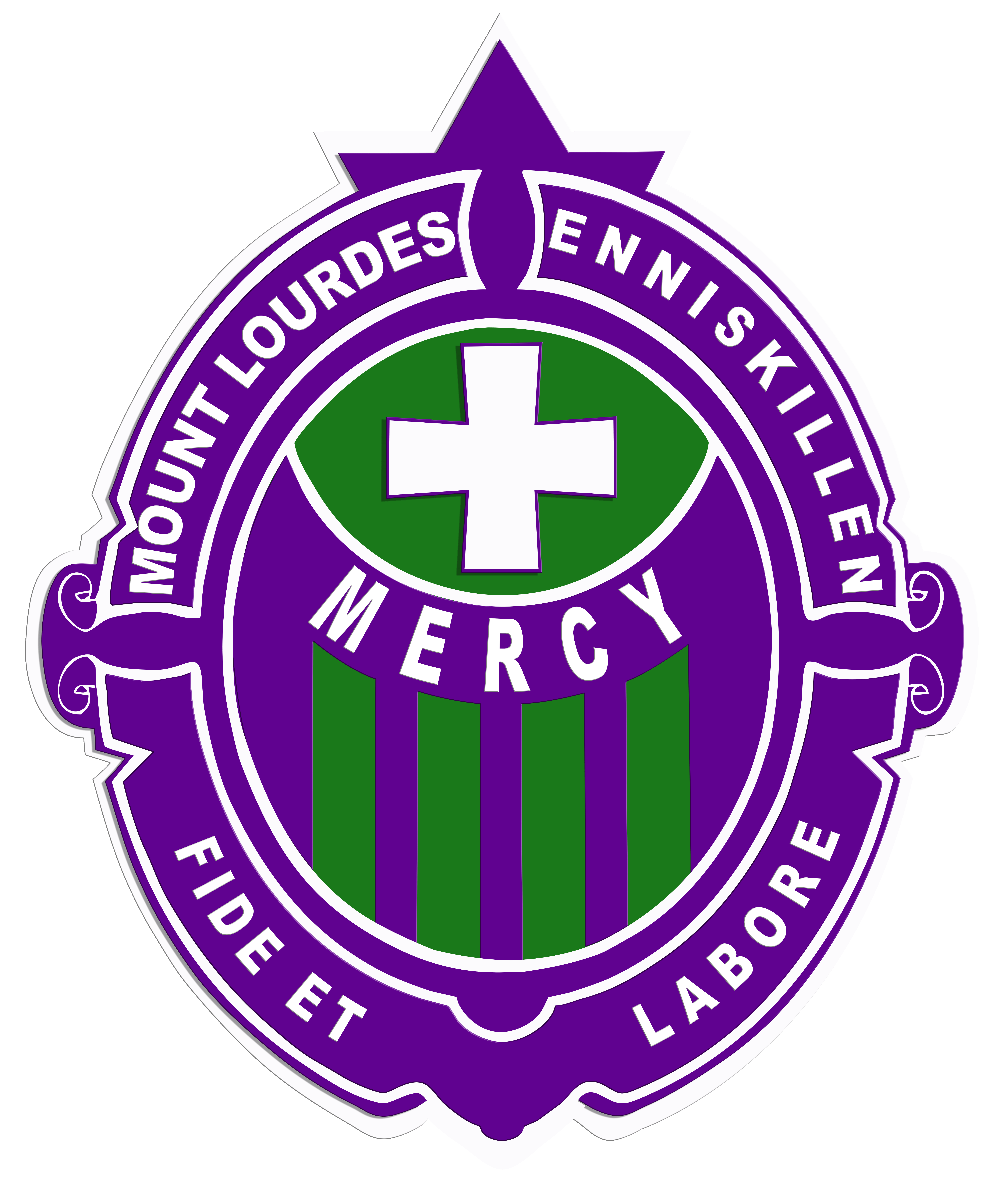GCSE Modern Languages
(French, Irish, Spanish)



SUBJECT OVERVIEW
The syllabus in each language at GCSE is appropriate to the needs of a wide variety of students including:
-
Those leaving school at 16
-
Those going on to Further Education but not specialising in the subjects
-
Those going to specialise in the subject at A Level
Through studying a language, students will be able to:
-
develop the ability to use another language effectively for practical communications
-
derive enjoyment and benefit from language learning
-
develop the ability to work independently and with others
-
develop an understanding of another language in a variety of contexts
-
take their place as a citizen in a multilingual, global society
SUBJECT CONTENT
Year 11
Students develop their knowledge and understanding by beginning their studies in three Contexts for Learning:
• Identity, Lifestyle and Culture;
• Local, National, International and Global
Areas of Interest;
• School Life, Studies and the World of Work.
Year 12
Students continue their studies in the three Contexts for Learning begun in Year 11.
These provide plenty of variety and scope for investigating, understanding, describing, discussing and giving opinions.
METHOD OF ASSESSMENT
Year 11
All GCSE language exams are taken in Year 12.
In Year 11 internal exams will take place throughout the year to enable students to develop their competence in the four skill areas of Listening, Reading, Speaking and Writing.
Year 12
Listening, Reading and Writing are offered in two tiers, Foundation and Higher. In Speaking there is only one tier of entry. The Speaking exam is teacher-facilitated but externally marked.
Assessment weightings for French, Irish and Spanish
Listening 25% 45 mins - External exam
Reading 25% 1 hr - External exam
Writing 25% 75 mins- External exam
Speaking 25% Teacher-facilitated exam
(Externally marked)
CAREER INFORMATION
Having a language at GCSE opens up many doors. It is useful for most Careers, including:
Travel and Tourism, Hotel Work, Broadcasting, Civil Service, Diplomatic Service, Business Courses, Teaching, Trade and Industry and Law.
It is essential for Language degrees and Law/ Business degrees combined with a language. A language is often a general requirement for University entrance.
A level Modern Languages
(French, Irish & Spanish)
AS/A level builds on the knowledge, understanding and skills developed at GCSE.
Pupils will develop their awareness and understanding of their chosen language and of countries where the language is spoken.
They will engage critically with intellectually stimulating films, texts and other materials and demonstrate that they understand and can use the chosen language at a high level to discuss and reflect on aspects of society, politics and culture.
SUBJECT CONTENT
AS LEVEL
AS 1
-
Oral: presentation and conversation
AS 2
-
Listening
-
Reading Comprehension and translation into English
-
Use of Language: short grammatical exercises and sentences from English into target language
AS 3
-
Extended Writing: an essay in the target language in response to a set film or literary text
A2 LEVEL
A2 2
-
Oral: Discussion on an individual research project based on either the culture, history or a region of the target language country
-
General conversation
A2 2
-
Listening
-
Reading comprehension, summary in English and translation from English into the target language
A2 3
-
Writing: one response in the target language to a set literary text
METHOD OF ASSESSMENT
All exams are externally assessed by CCEA.
A visiting examiner from CCEA conducts the oral examination at both AS and A2.
RECOMMENDED SUBJECT GRADE AT GCSE
A*/A / B
(preferably at Higher Level)
CAREER INFORMATION
This qualification is for students with a lively interest in language, who are interested in how other people think and live, and who want to be part of the global workforce in the twenty-first century. (Source: CCEA Specification for Modern Languages)
Employment opportunities include:
Business/Management Education Journalism Tourism
Diplomatic Service Media Interpreting Law
Retail Marketing Politics Translating Linguistics
Employment possibilities in Irish include all of the above along with:
News-reading Radio Reporting Scriptwriting
OTHER INFORMATION
Students who choose a Modern language at A level should be committed to their studies and be prepared to work independently. They must avail of any extra oral classes organised by their teacher and, where possible, should aim to spend some time in the target language country or to attend the Gaeltacht.
